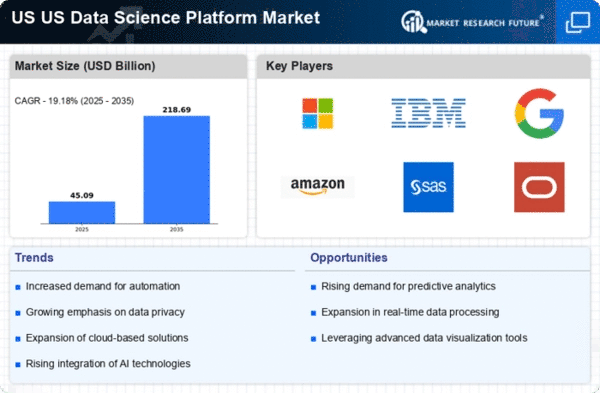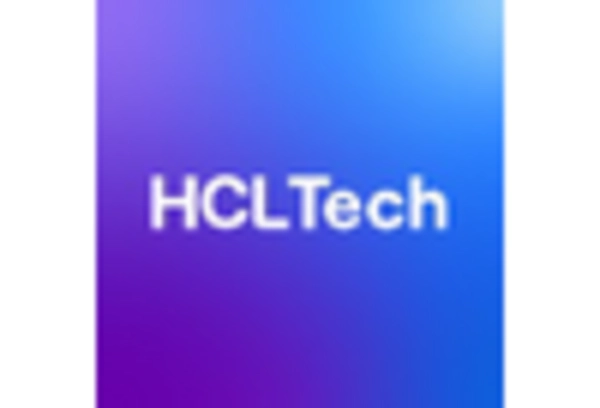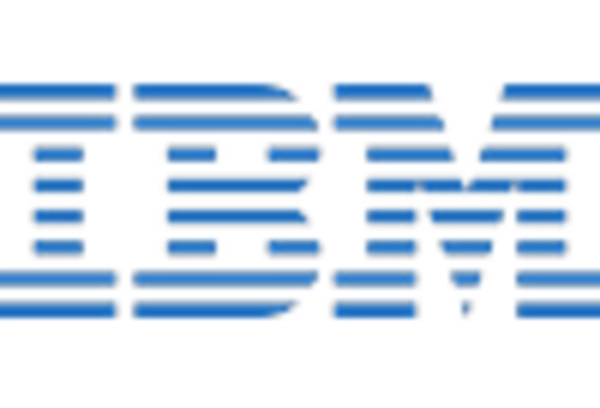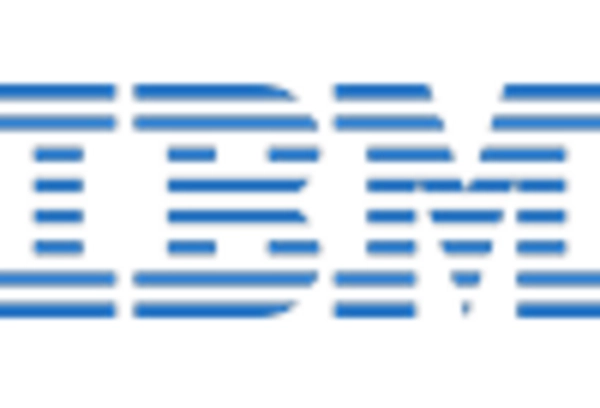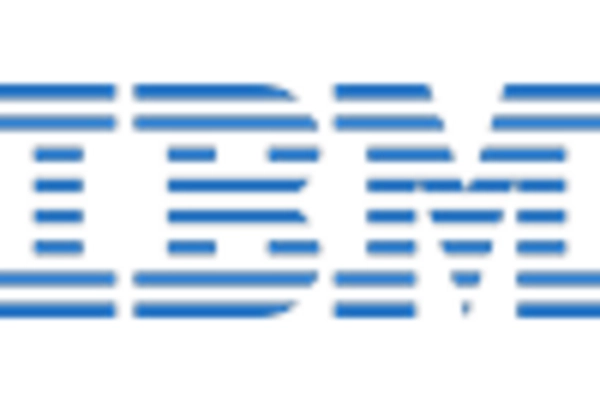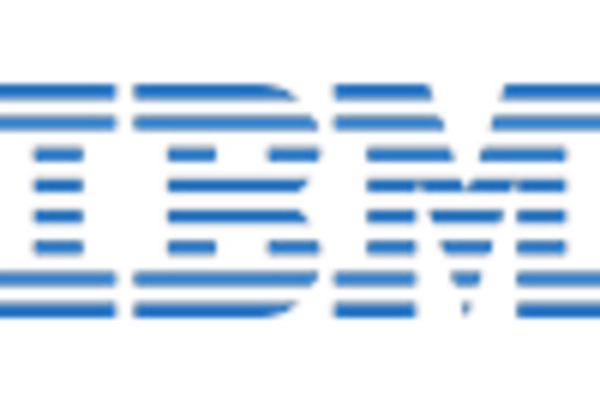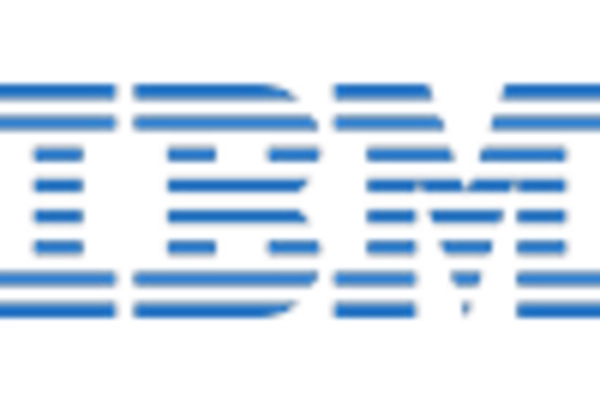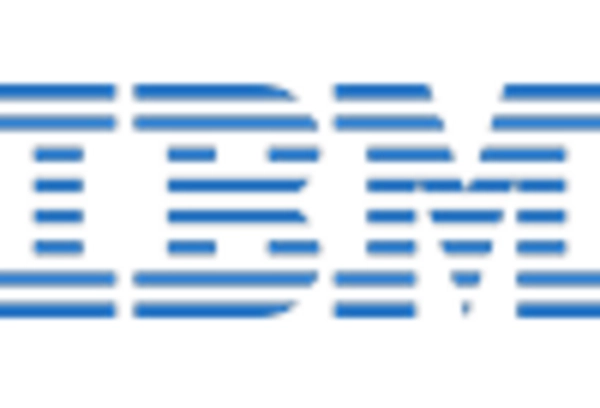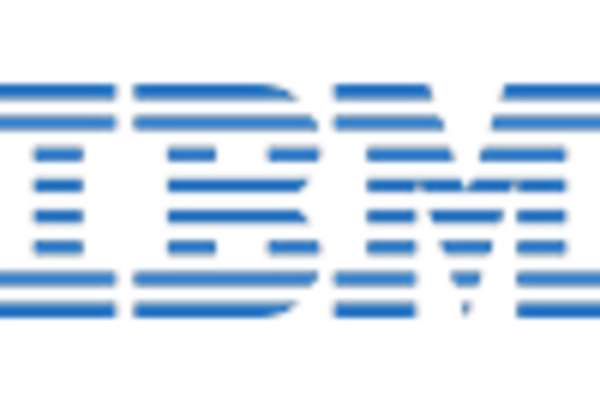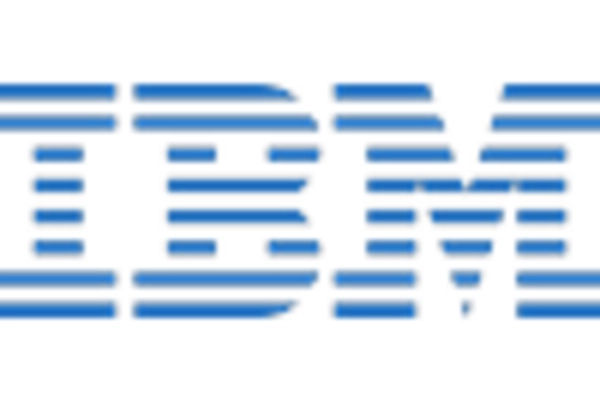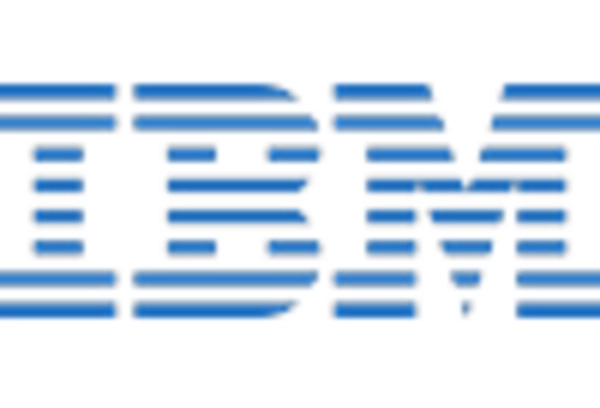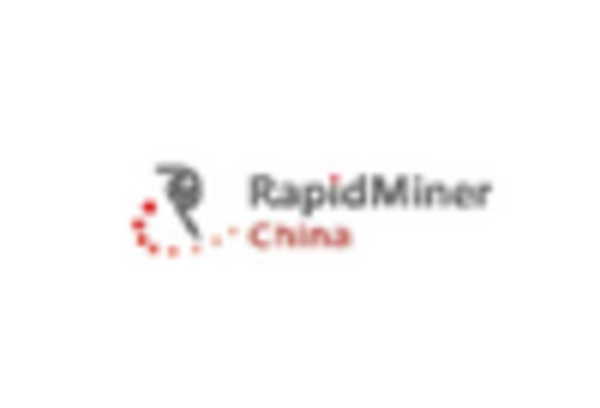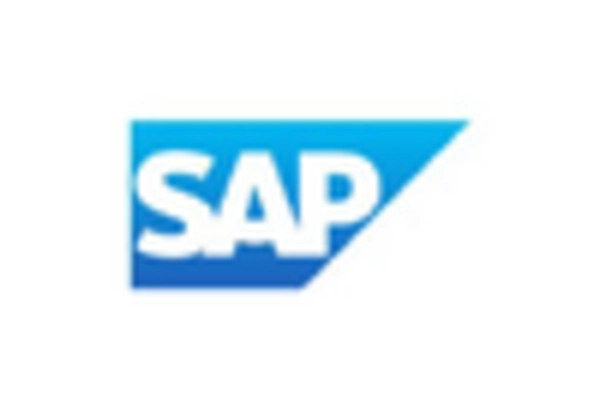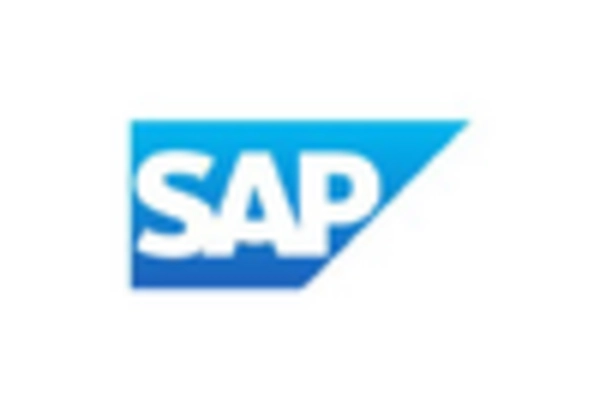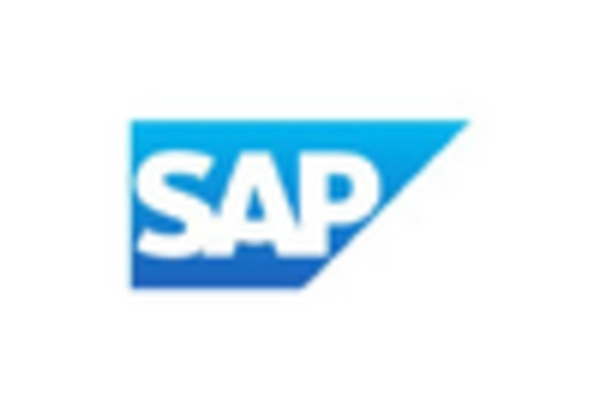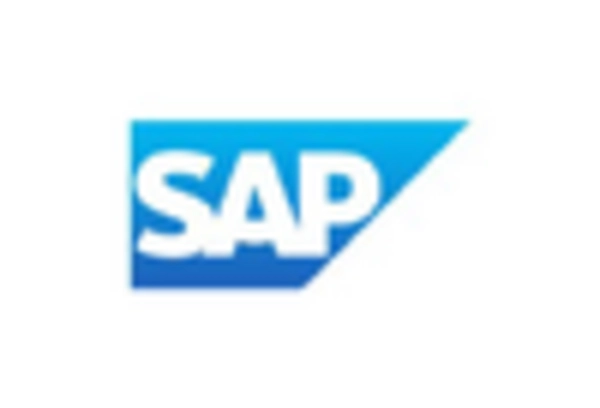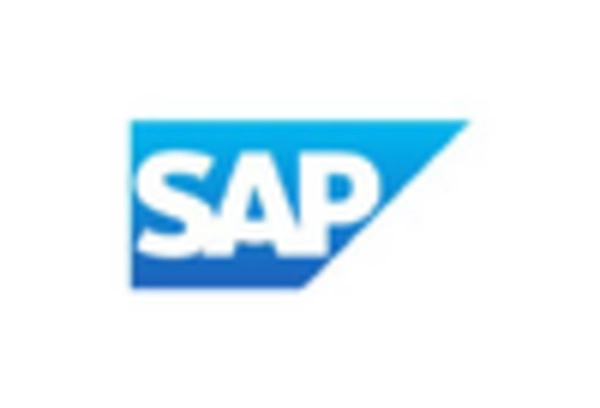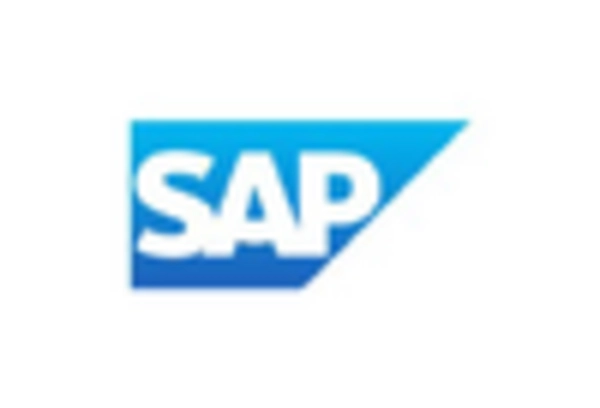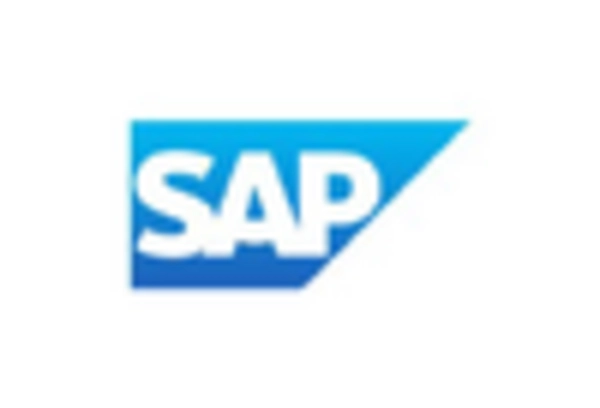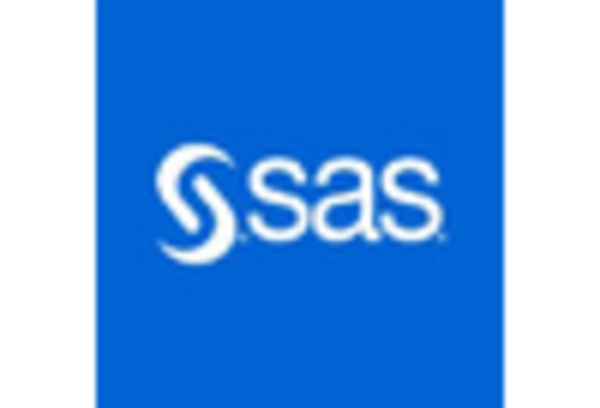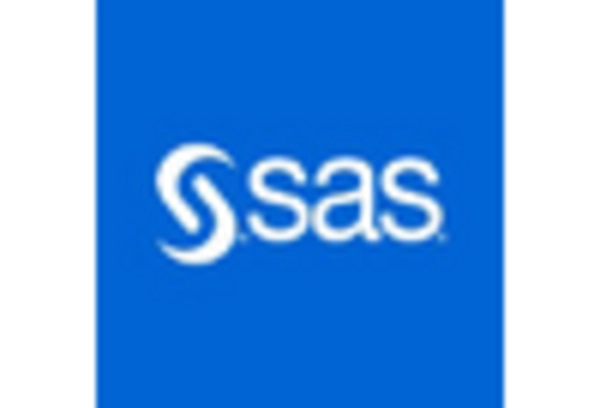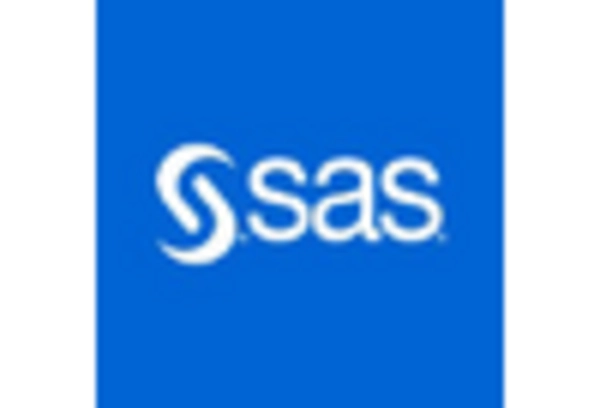Regulatory Compliance and Data Governance
In the US data science platform market, regulatory compliance and data governance have become paramount concerns for organizations. With the implementation of stringent data protection regulations, such as the California Consumer Privacy Act (CCPA), businesses are compelled to adopt data science platforms that ensure compliance with legal standards. This necessity drives the demand for platforms that offer robust data governance features, enabling organizations to manage data responsibly and transparently. As companies navigate the complexities of regulatory landscapes, the emphasis on compliance is likely to shape the development and adoption of data science solutions, fostering a more secure and trustworthy data environment.
Increased Investment in Data Infrastructure
The US data science platform market is witnessing a significant increase in investment aimed at enhancing data infrastructure. Organizations are recognizing that a robust data infrastructure is essential for effective data analysis and decision-making. Investments in cloud computing, data storage solutions, and high-performance computing are becoming more prevalent as companies strive to optimize their data capabilities. This trend is expected to continue, with projections indicating that spending on data infrastructure could reach upwards of $50 billion by 2027. Such investments not only improve data accessibility but also empower organizations to leverage advanced analytics, thereby driving growth in the data science platform market.
Rising Importance of Data Visualization Tools
The US data science platform market is increasingly prioritizing data visualization tools as organizations seek to make complex data more accessible and understandable. Effective data visualization enables stakeholders to grasp insights quickly, facilitating informed decision-making. As the volume of data generated continues to rise, the demand for intuitive visualization solutions is likely to grow. Companies are investing in data science platforms that offer advanced visualization capabilities, allowing users to create interactive dashboards and reports. This trend is expected to enhance user engagement with data, ultimately driving the adoption of data science platforms that prioritize visualization features.
Growing Demand for Data-Driven Decision Making
The US data science platform market is experiencing a notable surge in demand for data-driven decision making across various sectors. Organizations are increasingly recognizing the value of leveraging data analytics to enhance operational efficiency and drive strategic initiatives. According to recent estimates, the market is projected to grow at a compound annual growth rate (CAGR) of approximately 25% over the next five years. This growth is fueled by the need for businesses to remain competitive in a rapidly evolving landscape. As companies seek to harness the power of data, the demand for sophisticated data science platforms that can provide actionable insights is likely to escalate, thereby propelling the industry forward.
Advancements in Artificial Intelligence and Machine Learning
The integration of artificial intelligence (AI) and machine learning (ML) technologies is transforming the US data science platform market. These advancements enable organizations to automate complex data analysis processes, thereby enhancing the speed and accuracy of insights derived from large datasets. The increasing sophistication of AI algorithms allows for more nuanced data interpretations, which can lead to better business outcomes. As a result, companies are investing heavily in data science platforms that incorporate these technologies. The market for AI-driven data science solutions is expected to witness substantial growth, with projections indicating a potential increase in market size by over 30% in the coming years.


